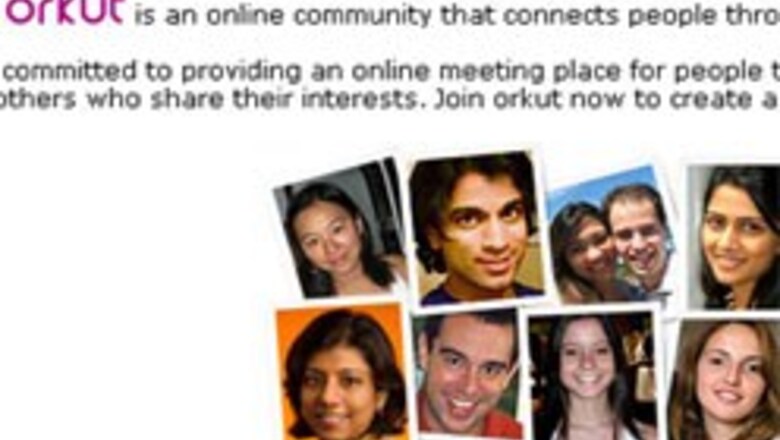
views
New Delhi: What do Right-wing political party, Shiv Sena and Internet giant, Google, have in common? It's Google's social networking site Orkut, which the Shiv Sena wants banned because Sena Supremo Bal Thackeray and Maratha idol, Shivaji, have been insulted on some communities on Orkut.
Since demanding a ban for the past one week, Shiv Sainiks have broken a glass door at a cyber café in Maland, demanded that Orkut be 'blocked' in cybercafes, proceeded to beat up cybercafe owners who didn't comply with the ban and even roughed up users who were seen logging on to the site.
However, now Shiv Sena has contacted the Mumbai Police saying that it does not want Orkut banned completely but only wants the offensive communities pulled down.
The Mumbai Police meanwhile, say it has contacted the Computer Emergency Response Team (CERT, a Delhi-based regulatory body under the Ministry of Information and Technology) for banning Orkut and in the interim, has requested for the two communities to be taken off.
For those new to the workings of a social networking site, a 'community' or a 'group' does not (necessarily) have religious or political affiliations and is (usually) a common interest group where people come together and interact, discuss and share their views on issues, trends, fashion, films, politics, George Bush, Himesh Reshammiya and the works.
The entire concept behind social networking is (apparently) to literally expand your social network – through a network of common friends, work place affiliations and common interests.
These sites are also places where people freely, without censorship, discuss what's on their minds in various forums. With the demand for a ban on Orkut, the whole idea of interacting 'freely' takes a backseat and the entire question of freedom of speech and expression takes forefront.
And yet, social networking site is not just about extending your friends' list.
Murders, harassment, sexual intimidation, false identities, fraud, misuse of pictures, stalking… there is a much darker side that makes a social network look like a Tarantula's web.
Common interest groups include communities like, 'I like having sex with pregnant women', 'I like raping women', 'Mother Teresa is a fraud', 'Peep at your neighbour's daughter', 'Randi No. 1' and of course the 'I hate Pakistan' communities.
You could have your pictures posted on any one of these communities, you could have someone posing as you and posting comments and you could have someone track your activities and harass you too.
So, that brings up the question: Does freedom of speech and expression mean hate sites, hate communities and generally vilifying groups? And does a social networking site – which promotes itself as a 'safe' platform for idea exchange – have any responsibility towards the content that is put up on it?
The recent Virginia Tech massacre had everyone questioning the role of the Internet in promoting violence amongst the youth. However, is it the Internet that promotes deviant behaviour or is it people who use the Internet to assuage their perverted needs?
After the Virgina Tech massacre, we had asked networking site Fropper.com 's business head, Navin Mittal, if he thought the Internet and its various options – networking sites being one of them – be blamed for the content that is put up.
Mittal said, "The Internet cannot be blamed. The Internet provides access and connectivity and has both positive and negative effects. The medium cannot be blamed, it's how people use it. Your education, family background and the way you have been taught to handle things often governs what you do on the Internet. Then again, terrorists use mobile phones for a lot of use other than making calls. Would you say people stop using phones as well?"










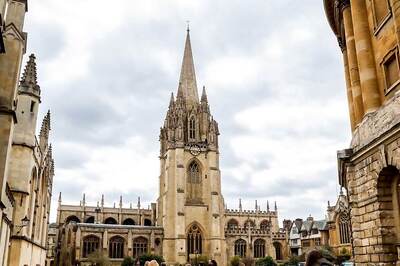


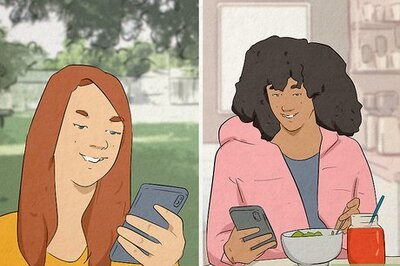

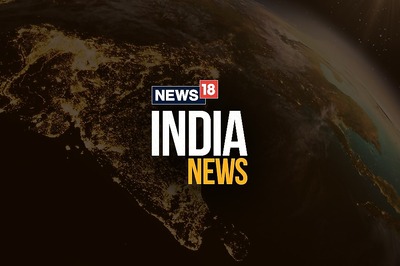
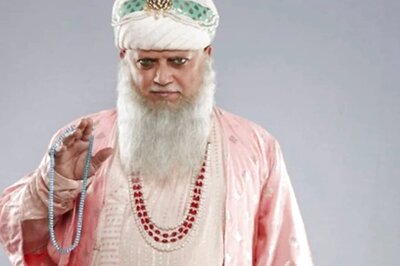



Comments
0 comment